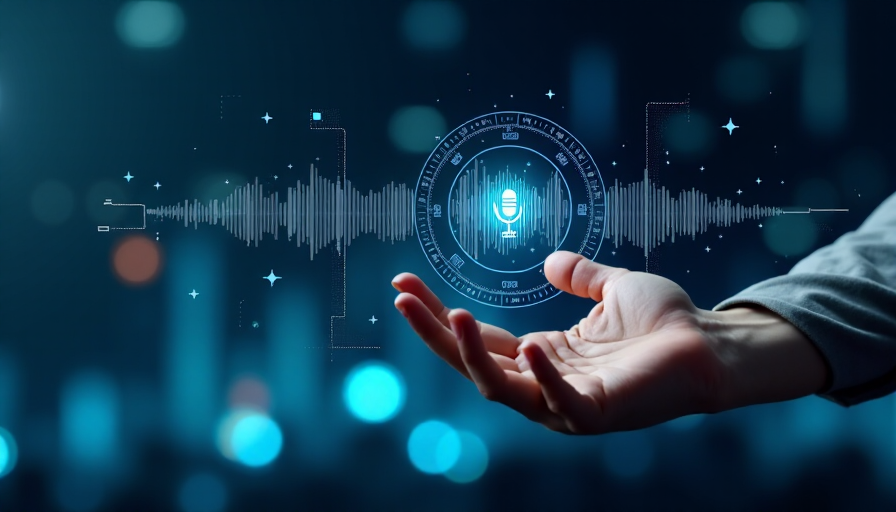
Anthropic Unveils Voice Mode for Claude: A New Era in AI Communication
In a bold move to revolutionize human-AI interaction, Anthropic is preparing to launch a new voice mode for its renowned AI assistant, Claude. This update, slated for limited release as early as this month, promises to imbue Claude with auditory functionality that could very well reshape how users interact with digital assistants.
A Fresh Voice for a Trusted AI
According to recent reports, the latest enhancement will grant Claude three distinct voices. Early reviews—gleaned from publicly available iOS code—hint at an engaging auditory experience, even as details might evolve. While Anthropic has yet to offer an official comment, industry insiders suggest this upgrade is set to foster a more natural and conversational interaction with the AI, similar to the strides made by competitors in the field.
Expanding Capabilities and Integrations
In an already dynamic tech landscape, Anthropic recently rolled out two additional upgrades for Claude, as outlined in their press release. The new features include:
- Research Capability: Allowing Claude to search through internal work contexts and the web, enhancing its ability to provide comprehensive and up-to-date information.
- Google Workspace Integration: Seamlessly connecting with email, calendar, and document services to streamline productivity for users.
The company emphasized that these are just the initial steps in their long-term strategy to evolve Claude into an indispensable tool for daily tasks and creative collaboration.
Rival Innovations and Market Implications
The push towards improved voice functionality is part of a broader industry trend. Major players like OpenAI and Meta introduced AI voice features in 2024, with Meta incorporating celebrity voices and OpenAI integrating similar capabilities into ChatGPT. This shift towards voice not only enhances user convenience but also fosters a deeper human connection, as highlighted by industry experts.
Valentin Radu recently commented on the evolving landscape, noting that voice technologies are essential in bridging the gap between traditional digital interactions and human-like communication.
Generative AI and the Voice Technology Renaissance
Despite a noted decline in the use of traditional voice assistants across various demographics—reported in the PYMNTS Intelligence study—the advent of generative AI is sparking renewed interest. The study uncovered that while conventional voice assistant adoption has plateaued, generative AI is rapidly gaining recognition, with significant familiarity across all age groups. Key findings include:
- 82% of Gen Z and 78% of Zillennials are now acquainted with generative AI.
- Among older generations, awareness has increased from 23% to 41% in the past year.
- Over half of consumers prefer using voice technology for its speed and efficiency compared to typing or touchscreen navigation.
This resurgence in interest signals a promising future where enhanced voice features could play a pivotal role in reviving voice assistant adoption, ultimately bridging the gap between technology and human interaction.
Looking Ahead
Anthropic's strategic move to integrate voice capabilities into Claude is more than an upgrade—it's a step toward reimagining how we interact with AI. As the company continues to expand its content sources and research functionalities, the industry and consumers alike can expect a transformative experience that blurs the lines between machine precision and human touch.
Note: This publication was rewritten using AI. The content was based on the original source linked above.